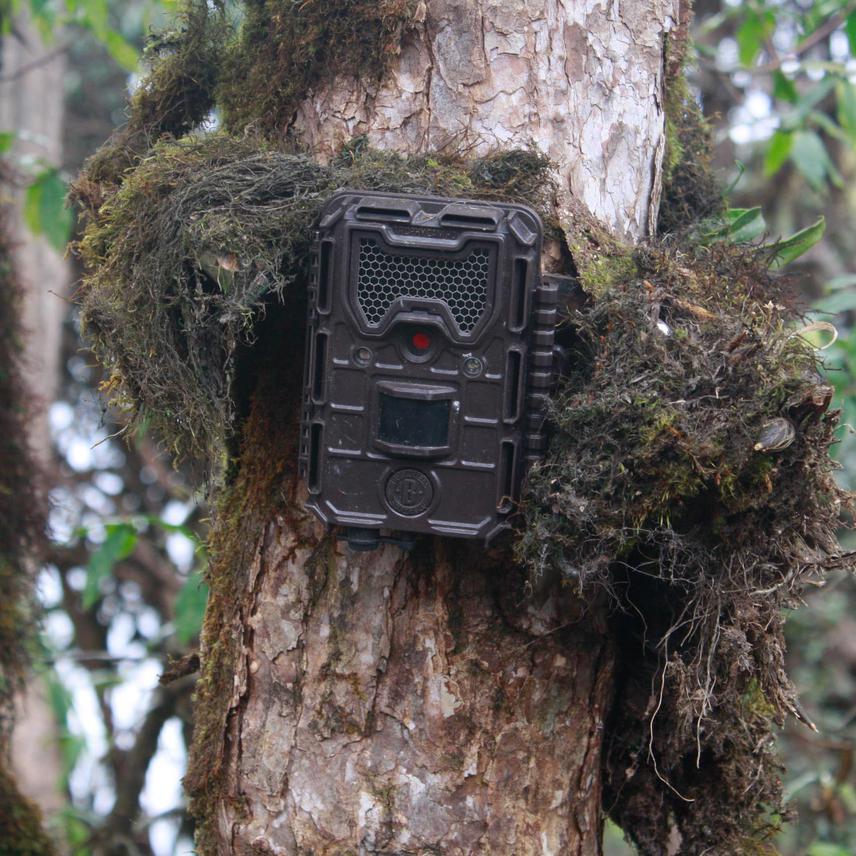Jeevan Rai
Other projects
9 Oct 2017
Status Assessment and Conservation of Small Carnivore Community of Eastern Nepal with Special Focus on Binturong
Project Overview:
Building upon our previous project, we are dedicated to advancing small carnivore conservation in the Tinjure-Milke-Jaljale (TMJ) landscape. Our efforts have yielded remarkable discoveries, including the second photographic record of the Asiatic Golden Cat in Nepal and the rediscovery of Red Pandas previously believed to be locally extinct.
TMJ, situated between the Kanchenjunga Conservation Area and Makalu Barun National Park, boasts rich Rhododendron forests and a diverse array of wildlife, including endangered species. The region not only provides vital resources for local communities but also attracts tourists who appreciate its natural beauty.

Camera traps are non-invasive way to monitor the status of small carnivores. In our current project, camera traps will be used to assess the occupancy of small carnivores to identify crucial habitats. © Jeevan Rai.
Our project's core objective is to empower the local communities in TMJ, enabling them to assume leadership roles in small carnivore conservation. By conducting comprehensive studies utilizing camera trapping and occupancy modelling, implementing targeted conservation initiatives for school students, and fostering partnerships with local organizations, we aim to promote sustainable conservation practices and secure the long-term survival of these endangered species in TMJ.
Objectives:
1. Detailed Study of Small Carnivores: Using camera trapping and occupancy model, we will gather crucial data on the distribution of the threatened small carnivores in TMJ. This research will serve as a baseline for future conservation efforts.
2. Focused Conservation Projects for School Students: We will conduct awareness camps and distribute conservation booklets to secondary-level students, raising awareness about the conservation importance of small carnivores in TMJ. Through multimedia campaigns and interactive materials, we aim to engage and educate students in conservation activities.
3. Community Empowerment and Collaboration: Our project will provide wildlife monitoring training to local community forest user groups, enhancing their capacity to monitor wildlife effectively. By conducting conservation workshops and fostering partnerships with local organizations, government agencies, and non-government bodies, we aim to empower community members as conservation leaders and ensure the sustainability of conservation efforts.
Header: Local support team is crucial for the success of our field surveys. Without them, we won't be able to conduct our surveys in such harsh terrains. Without them, we are as good as lost in the wilderness. © Jeevan Rai.